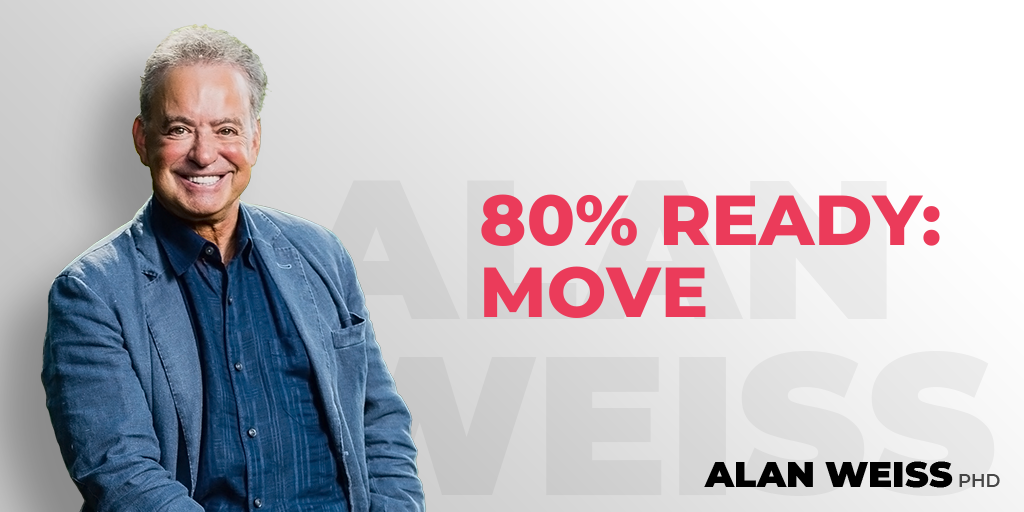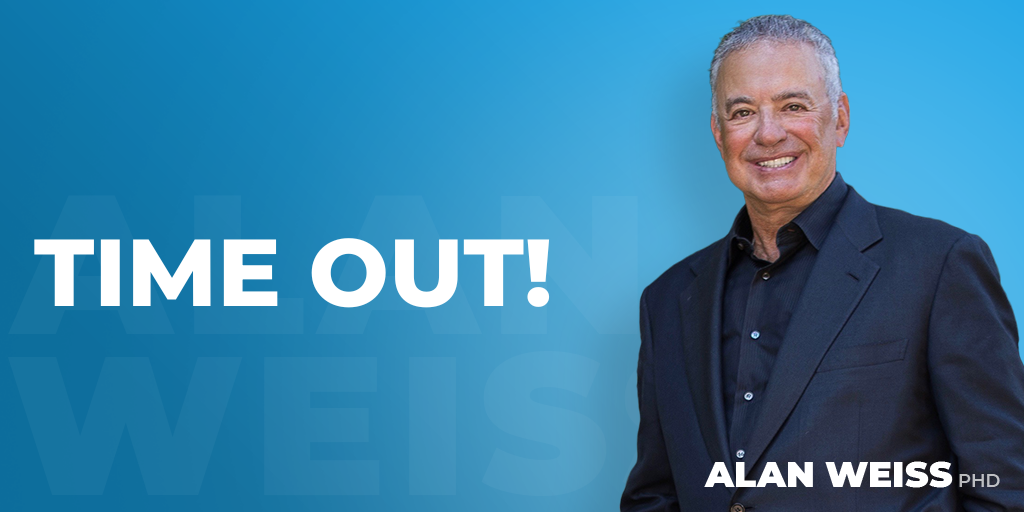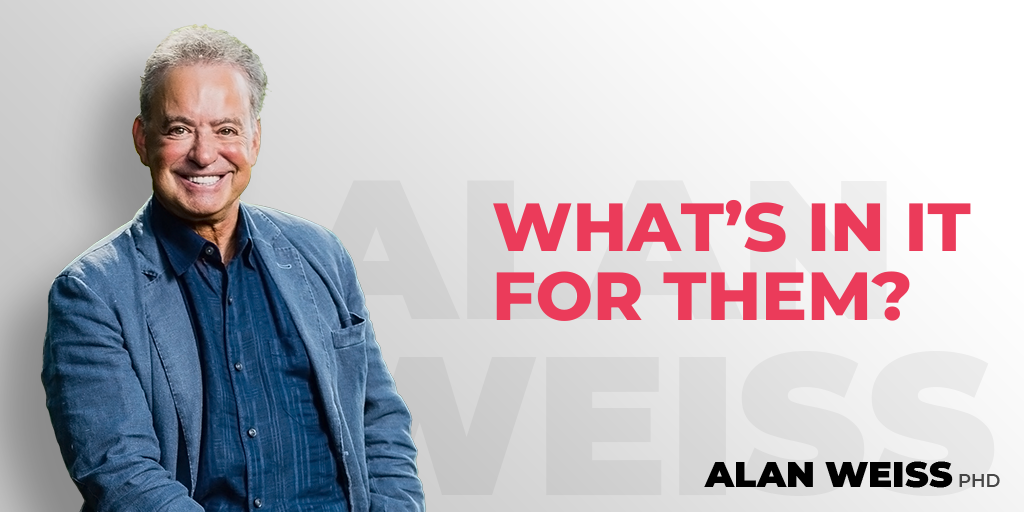Flee, Free, or Fee
Psychologists talk about the “fight or flight” syndrome, and many people in professional services debate what should be “free” and what should demand a “fee.” My experience tells me that most people go through a quick hierarchy of three possibilities when facing new business opportunities, and two of them are pretty bad.
I call them Flee/Free/Fee.
Rather than see a new prospect as an opportunity, many people see that person as a threat. This is primarily a self-esteem issue. They grow frightened because they may be rejected, forgetting that this is merely business and not a commentary on their self-worth. Or they fear that they’ll be seen as an imposter, someone who doesn’t measure up to others or even to their own repute. Still others fear success—what happens if they’re chosen and can’t perform?
You can imagine likely outcomes with prospects when someone is fearful of both failure and success! Consequently, these people tend to flee, making excuses that the “chemistry” was no good, or they have too much business, or the timing is bad.
Another group of people are confident that they can help, and want to help, but can’t justify taking too much money in return (or any money in return), and wind up working pro bono for no sane reason at all. These are the free people. Their self-worth is only marginally higher than the “flee” people, and their belief is that if they don’t charge then the expectations won’t be too high and they can more easily clear a lower bar.
Even non-profits these days have money, so using “free” as a default is silly, and doing so in for-profits (“I wanted the exposure”) is insane. (Non-profits have donors, trustees, patrons, grants, advertisers, fund-raisers, and a host of other sources for underwriting external services. I know, I’ve served on a dozen non-profit boards.)
This leaves the fee people, who believe in equitable compensation in return for the value they provide their clients. In fact, the philosophy I explain to my clients when they inquire about my fee basis is this: “My fee is based on my contribution to your dramatic results, with strong ROI (return on investment) for you and equitable compensation for me.”
That satisfies nearly every potential buyer with whom I speak and if it doesn’t, then I don’t want them as a client.
What is your response to new business challenges? Do you see them as the lifeblood of your business and growth, or as threats to your self-worth and self-image? Are you convinced that you have the value to help people and that you deserve commensurate compensation for doing so, or do you believe that, under scrutiny, you just don’t measure up?
If you are fleeing from new customers then you are in the wrong business, and certainly lack an entrepreneur’s confidence. If you are doing work for free, then you have a hobby—an avocation, not an occupation. If you believe that you provide tremendous value for which clients and customers should pay, then you have your fundamental business sense intact.
My suggestions to focus on fee:
• Ask your past clients what worth you brought to them.
• Resolve how the client’s condition will be improved after engaging you.
• Understand that ideas can be questioned and rejected without questioning the worth of or rejecting the individual.
• Examine what fees you pay, in what amounts, to people providing value to you. Ask if you’ve been comfortable with the value in return for the fee, and if so, ask why that is and how you can replicate it.
• Practice stating fees without equivocation, without loss of eye contact, and with conviction.
This is a capitalist world these days. Remember that when someone questions fee they are actually telling you that they don’t see enough value (to justify the fee). Consequently, focus on emphasizing your value and the improvement in the client’s condition. But you can’t do that if you run away, and it’s irrelevant if you provide something for nothing.
© Alan Weiss 2012. All rights reserved.






